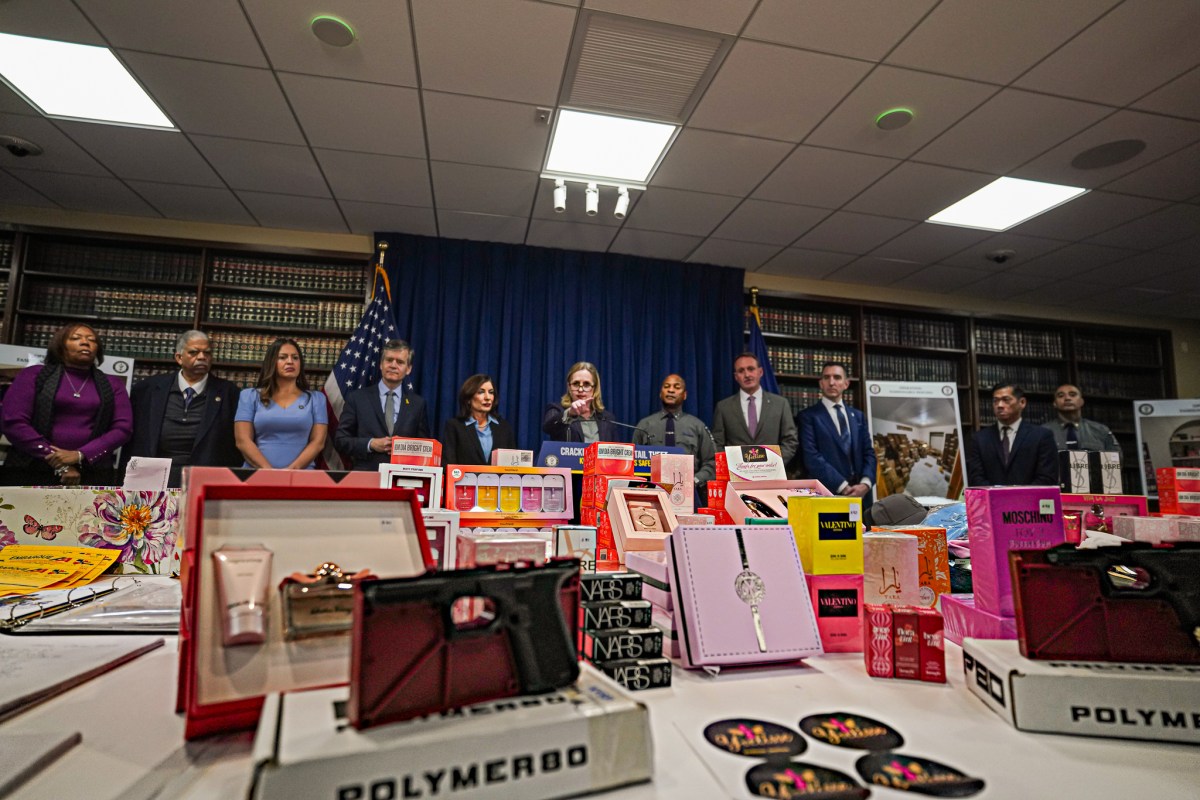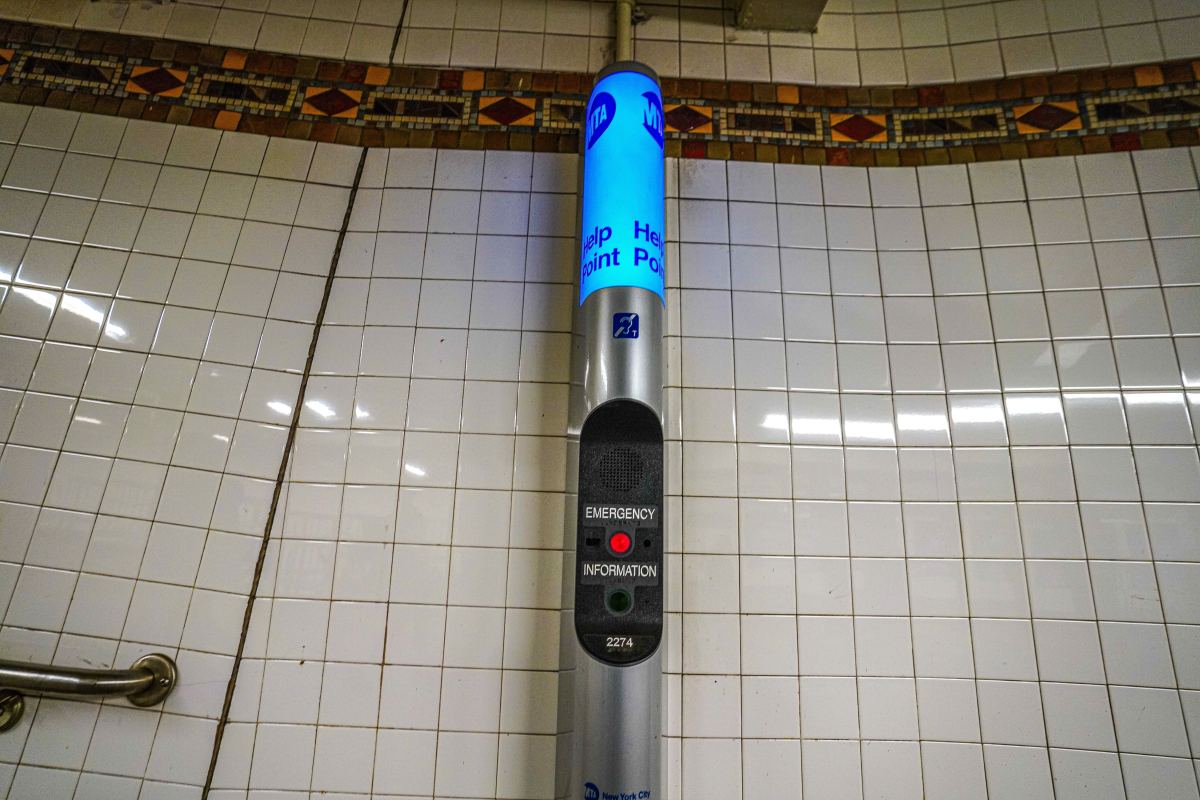We often forget about sun damage during the winter, but the sun sure doesn’t. Whether it’s hidden behind sleeting rain or shining bright on a summer beach day, it can harm your skin, says Boston-based dermatologist Dr. Thomas Rohrer. He explains why.
Why do we need to wear sunscreen in the winter?
Basically, the skin really doesn’t care if it’s summer, winter, spring or fall — it just measures the cumulative amount of sun exposure that you have from the day you’re born until the day you die, and it just keeps adding up. For a lot of the skin cancers, what happens is, as we get more and more sun, eventually one of our weaker cells reaches its limit and then forms a cancer, so whether you get that from walking to the car each day in the spring or sitting out on the beach for a couple hours in the summer, it really doesn’t make a difference to the skin.
What about on days when you can’t even see the sun?
On cloudy days, some of the damaging rays of the sun go right through the clouds. [Using sunscreen] should just become a part of someone’s daily skin-care routine.
Does the sun hit you harder in the summer than it does during the winter?
There’s still enough sun [in the winter] to cause damage. And for people who enjoy winter sports and are out on the snow, then the risk becomes even greater because we get a lot of reflection of the sun rays off the snow back up into the skin. If they’re alpine skiing, then the sun is also a lot stronger up there, so skiers have to be vigilant about putting strong sunscreen on. If most people aren’t out in the sun for very much time at all, sort of running between their car and their office, then just a daily moisturizer with an SPF 30 should be fine. You don’t have to feel like you’re burning to actually get burned or damage your skin. Anyone who skis a lot will tell you, “One of my worst sunburns was when I was skiing.”
What’s a high SPF, like 100, doing that a 15 isn’t?
It’s protecting your skin 100 times greater than your skin would be without it, whereas a 15 would be 15 times better. The problem is in those tests they put a ton of sunscreen on a very small area of skin and then test it. Nobody in real life uses that much, so we’re not really getting an SPF of 15 or an SPF of 100; we’re getting a lower SPF.
Shop smart
How should you choose a bottle?
Choose a sunscreen that provides broad-spectrum protection, which means it protects from both UVA and UVB rays. For daily moisturizer, a 30 is probably fine. If someone’s going to be out in the sun, then we like the stronger ones. The key is to use a lot of it and reapply every two hours.






















